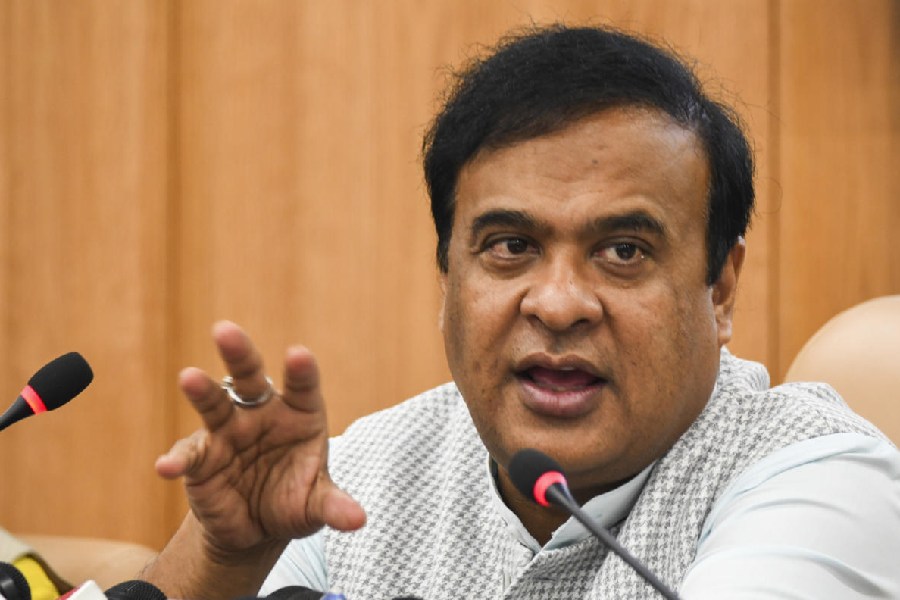Guwahati: The Assam agriculture department has called a meeting of tea industry organisations on April 10 before framing its policy to promote, support and regulate oil palm cultivation in vacant tea garden areas.
The move follows the April 1 letter of the Union ministry of agriculture and farmers welfare to the state agriculture department to extend the National Mission on Edible Oils – Oil Palm (NMEO-OP) being implemented across 18 districts of the state.
An official associated with the proposed meeting told The Telegraph that there will be an “exchange of ideas”, following which the government will come up with a policy and a standard operating procedure on oil palm cultivation in tea gardens.
The meeting will be held at the Directorate of Agriculture at Khanapara here and will be attended by senior officials of the agriculture department.
The industry stakeholders invited to the meeting included the Tea Association of India (TAI), North Eastern Tea Association (NETA), Assam Tea Planters Association, Assam Branch Indian Tea Association (ABITA), North East Confederation of Small Tea Growers Association (NECSTGA), Surma Valley Branch of ITA, and the Bhartiya Cha Parishad (BCP).
“The tea garden initiative comes under the NMEO-OP. The cultivation will have to be on vacant land and within the permissible limit of five per cent of the total garden area. The focus will be on total leased land, vacant land and how to go about registration. We will be distributing free saplings, maintenance assistance for four years and a subsidy for irrigation, among others,” the official said.
The April 1 agriculture ministry letter to the state agriculture department was in response to an appeal made by the NETA for extending the mission to tea gardens. A hectare is expected to support 143 oil palm trees.
The state cabinet had on January 25 this year approved the classification of oil palm as a cash crop. Barring four of the 18 districts notified under the mission in the state, oil palm cultivation has received an “encouraging” response since 2021, the official said.
The state government is targeting to bring two lakh hectares under oil palm cultivation by 2026, but it has to address concerns flagged by environmental groups and experts linked to the potential loss of biodiversity and depleting water levels.
Currently, about 4,000 hectares are under oil palm cultivation in the state.
Assam contributes more than 50 per cent of the country’s tea output and there are over 800 registered big tea gardens.
In October 2024, the government had allowed five per cent of tea garden land to be used for purposes like “promotion of eco-friendly tea tourism; cultivation of agricultural crops which include cash crops, horticultural crops, floriculture, medicinal plants, agar wood, sandal wood and bamboo; animal husbandry and fisheries; green power and non-conventional energy resources; social infrastructure and services which include wellness centres, schools, colleges, universities, medical, nursing, paramedical institutions, cultural and recreational exhibition centres and government offices...”
The government had allowed these by issuing an ordinance amending the Assam Fixation of Ceiling on Land Holding Act 1956.










